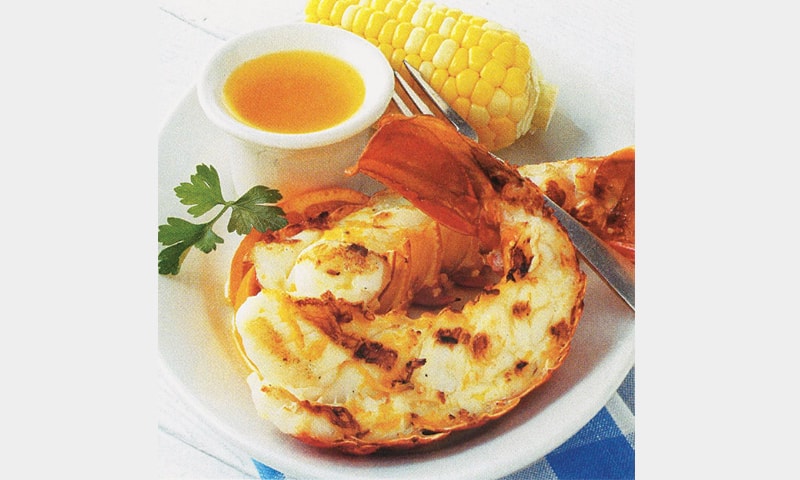Staying at our remote beach house in Sri Lanka in the winter, we seldom get an opportunity to check out new restaurants. Some of the local ones are just about OK, but we are so spoiled by Nandi’s cooking at home that we don’t have much incentive to eat out. So on our rare trips to Colombo, we relish the prospect of different cuisines.
Although the Sri Lankan capital is small when compared with other major cities, it does boast of a wide variety of foodie destinations. Our favourite has long been the Nihonbashi, probably the best Japanese restaurant I have eaten at anywhere. So when we are in Colombo, we make a beeline for it, and invite friends to join us.
However, this time we thought we would try something new. Some friends had brought us a guide to Chinese restaurants in Colombo and I booked a table for two at the Tang Dynasty, a newly opened establishment that boasted of Chinese chefs and management.
Unfortunately, the place was entirely charmless, with little effort at any kind of a decorative statement to distinguish it. The menu was large, and each dish was illustrated by a photograph. Below were the prices for ‘normal’ and ‘large’ portions. Assuming the normal plates to be fairly small, we ordered far too much. The standout dish for me was the fish in chilli oil: served in a large bowl, the fish was just slightly overcooked, but flavoured with garlicky red chillies.
The roast duck, again, was slightly overdone. I prefer it to be pink in the middle so it retains a degree of succulence. However, dipped in a hot and sour sauce, it was excellent. A plate of steamed black fungus was intriguing with its delicate, woody flavour. Calamari sautéed with sliced green chillies was cooked just right, and was hot and pungent without searing the tongue. A large bowl of cucumber soup went largely untouched. The leftovers were packed and went to the friends we were staying with. I’ll certainly go back, but will order far less.
The tale of a hearty meal at a Chinese restaurant in Colombo and experience of cooking lobsters for friends
Over the years, many local fishermen have brought lobsters to our gate on the beach to offer them to us at outrageous prices. I have almost always sent them away with a lecture on the evil practise of catching them too young, and not giving them the chance to grow to maturity when they would be able to breed, as well as gain weight.
Recently, however, Nandi has found a source who sells large lobsters for around Pak Rs2,400 a kilo. This is fairly reasonable, considering we buy surmai for a little less than half this amount. Last week, a visiting friend’s birthday called for a celebratory dinner, so I ordered seven lobsters so each of us could have one. They weighed slightly over five kilos, so each averaged around 700 grams.
Given the space that seven halved lobsters would need on the barbecue, I decided to cook them in the traditional way of boiling them whole and then cutting them down the middle. A pail of seawater was poured into two large pots and when the water had reached a rolling boil, the lobsters were gently lowered in. When they had turned a deep scarlet in around five minutes, they were pulled out and quickly placed under cold running water to prevent them from continuing to cook.
Nandi had prepared the lime-butter sauce with chopped garlic and salt to go with the lobsters. Our friends had never been served with such large, juicy lobsters before and were suitably delighted. The true Atlantic lobster has large claws that contain quite a lot of meat. The Indian Ocean ones are more like langoustes, but these were seriously large.
The next time, I’m thinking of boiling them, removing the meat and stir-frying it with Hoisin sauce. The problem is that lobster meat is slightly sweet, so I don’t want to overpower it with other, stronger flavours.
Published in Dawn, Sunday Magazine, March 8th, 2015
On a mobile phone? Get the Dawn Mobile App: Apple Store | Google Play















































